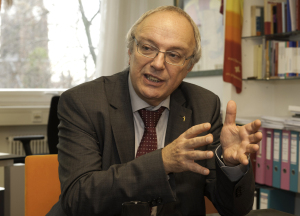
The call says:
“The Global Brain can be defined as the self-organizing network formed by all people on this planet together with the information and communication technologies that connect and support them. As the Internet becomes faster, smarter, and more encompassing, it increasingly links its users into a single information processing system, which functions like a nervous system for the planet Earth. The intelligence of this system is collective and distributed: it is not localized in any particular individual, organization or computer system. It rather emerges from the interactions between all its components – a property characteristic of a complex adaptive system. Such a distributed intelligence may be able to tackle current and emerging global problems that have eluded more traditional approaches. Yet, at the same time it will create technological and social challenges that are still difficult to imagine, transforming our society in all aspects.”
Besides Francis Heylighen, the director of the Global Brain Institute, and his group of co-workers at his Vrije Universiteit Brussel Institute, other international experts form the scientific committee that they have established to review the submissions. Among them are:
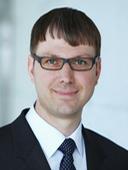
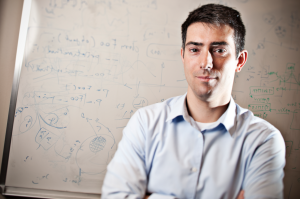
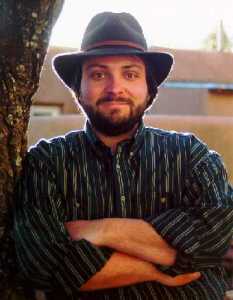



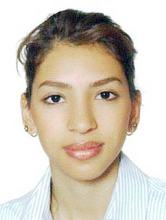

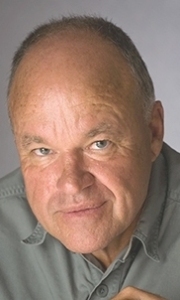
From above left: Helbing, Bollen, Joslyn, Gershenson, Rodriguez, Kyriazis, Beigi, Lenartowicz, Stewart (photo of Gershenson: courtesy of Audi Urban Future Initiative)
Dirk Helbing from ETH Zürich, Johan Bollen from Indiana University Bloomington, Cliff Joslyn from the Pacific Northwest National Laboratory, USA, Carlos Gershenson from Universidad Nacional Autónoma de México, Marko A. Rodriguez from Aurelius LLC, USA, Marios Kyriazis from the British Longevity Society, Shima Beigi from Bristol University, Marta Lenartowicz from Jagiellonian University Kraków, and John Stewart from the ECCO Group at the Vrije Universiteit Brussel. It’s great to welcome them at our Summit.
For the whole list look at their call for papers.
If you want to contact them, write to David Weinbaum (Weaver) – GlobalBrainConference@gmail.com.
If you want to know more about them, click on the banner above.
